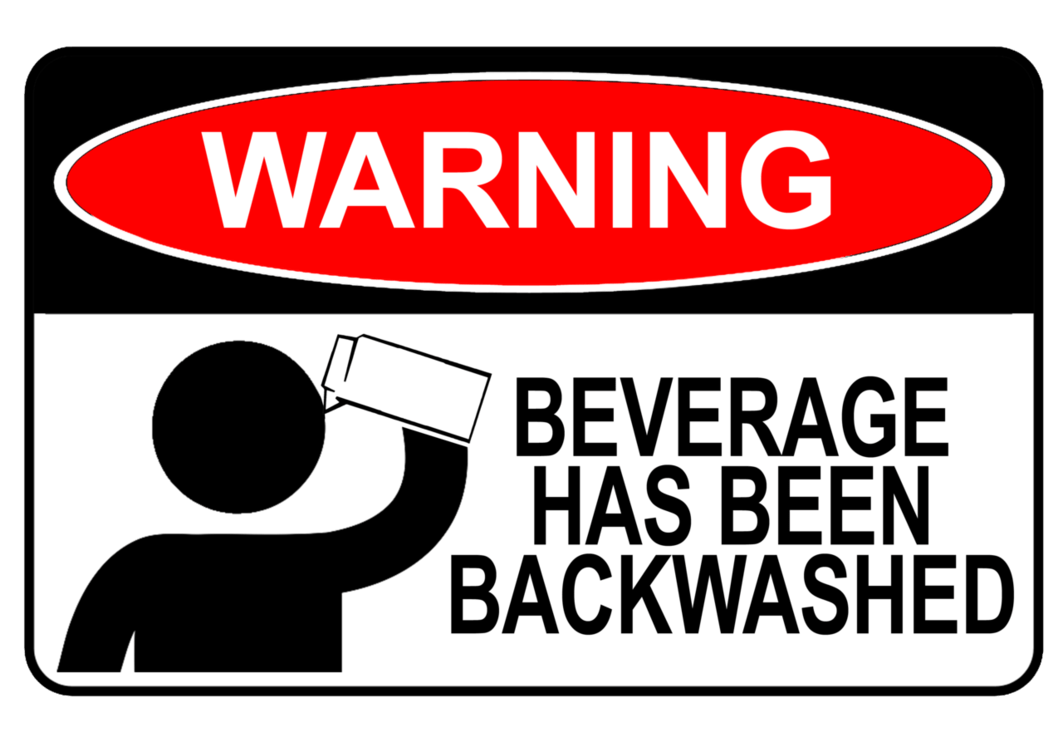Has Been vs Have Been
When it comes to verbs, people often confuse the usage of “has been” and “have been” due to their slight difference. Both are used in the present perfect continuous tense, but “has been” is used with third person singular nouns, while “have been” is used with first and second person nouns as well as plural nouns.
What does Has Been mean?
“Has been” is used in the present perfect continuous tense with third person singular nouns. For example:
– He has been singing from the morning.
– She has been driving her car since morning.
In these sentences, “has been” is used with the third person singular pronouns “he” and “she.” “Has been” can also be used to mean “went” or “came,” as in the following examples:
– She has been to London.
– Harry has been to his grandparents’ house.
What does Have Been mean?
“Have been” is used in the present perfect continuous tense with first and second person nouns, as well as plural nouns. For example:
– I have been reading this book for a year.
– You have been coming late to my class.
– They have been waiting there since morning.
– Crows have been feeding on that carcass since yesterday.
“Have been” can also be used to mean “went” or “came,” as in the following examples:
– I have been to London a few times.
– You have been to my house before.
Key Takeaways
- “Has been” is used in the present perfect continuous tense with third person singular nouns.
- “Have been” is used in the present perfect continuous tense forms with first and second person nouns, as well as plural nouns.
- Both “has been” and “have been” can sometimes be used to mean “went” or “came.”
